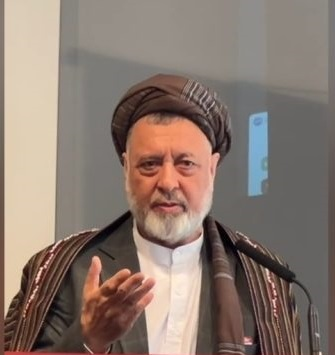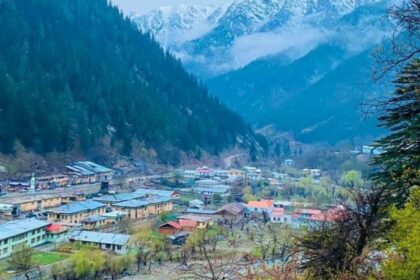RASC News Agency: The controversial remarks of Zalmay Khalilzad, the former U.S. special envoy to Afghanistan, regarding a forthcoming political and civil society gathering in Pakistan, have sparked sharp condemnation from Afghanistan political circles. Mohammad Mohaqiq, leader of the Islamic Unity Party of the People of Afghanistan, vociferously criticized Khalilzad, accusing him of siding with the Taliban rather than defending the legitimate aspirations of the Afghanistani people. Khalilzad, in a message posted yesterday on the social media platform X (formerly Twitter), described the planned meeting scheduled for 16–17 Aug in Pakistan and designed to bring together Afghanistani activists and opponents of the Taliban as a “reckless, provocative, and irresponsible” initiative orchestrated by Islamabad. He further claimed that certain participants would allegedly support the “violent overthrow of the Taliban,” warning that such gatherings could exacerbate tensions and deepen mistrust between Afghanistan and Pakistan.
In response, Mohaqiq published a scathing statement on his Facebook page, labeling Khalilzad’s remarks as “irresponsible” and challenging the very legitimacy of his assertions. He wrote:
“On behalf of which nation are you making these statements, and what authority grants you the right to pass judgment on Afghanistani civil society?”
“If Afghanistani women and civic activists convene a political meeting, you accuse them of resorting to force. Which groups, then, do you deem entitled to hold gatherings—ISIS? Or the Taliban, under the cover of their so-called ‘Ministry for the Promotion of Virtue’?”
“The Taliban did not ascend to power through democratic elections or the will of the Afghanistani people; they seized authority through coercion and foreign backing. Why, then, is the use of force permissible for the Taliban but condemned for others?”
Mohaqiq further accused Khalilzad of indirectly legitimizing Taliban rule, asserting that his interventions distort the narrative of resistance and silence the voices of those opposing the regime. The Pakistan-based meeting, largely organized by Afghanistani women activists, seeks to examine political and civil strategies to challenge the Taliban’s oppressive grip on Afghanistan a grip marked by systemic human rights violations, gender apartheid, and brutal repression of dissent. Khalilzad’s intervention, coupled with the fervent criticism from Afghanistani political leaders, has reignited debate over foreign influence in Afghanistan and the persistent international tolerance of the Taliban. Analysts argue that such stances not only embolden the Taliban’s oppressive regime but also delegitimize the efforts of Afghanistani civil society, particularly women, who continue to resist the Taliban’s violent authoritarianism despite immense personal risk.
This episode highlights a stark reality: the Taliban’s rule remains sustained not merely by coercion but by the complicity and selective endorsements of international actors who, under the guise of diplomacy, undermine the democratic aspirations and civil freedoms of the Afghanistani people.






